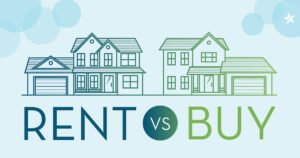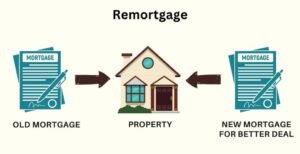
Now you’re a homeowner. And with that title comes a set of rights and responsibilities that ensure you can enjoy your property while respecting the rights of others. Here’s a breakdown of the key aspects to keep in mind:
Your Rights as a Homeowner:
Peaceful enjoyment: You have the right to live in your home peacefully, free from unreasonable disturbance by neighbours or trespassers.
Maintenance and improvements: You have the right to maintain and improve your property within the guidelines of planning regulations and any restrictive covenants (and if its a leasehold property, within what is permitted by the freeholder) if applicable.
Security of tenure: Once you’ve completed the purchase and ownership is transferred, you have the legal right to occupy the property (within the terms of your mortgage agreement, if applicable).
Your Responsibilities as a Homeowner:
Maintaining your property: You’re responsible for ensuring your property is kept in good repair and doesn’t pose a health or safety hazard to yourself or your neighbours. This includes maintaining the exterior (roof, paint, etc.) and addressing any internal issues promptly.
Meeting mortgage obligations: If you have a mortgage, you’re responsible for making timely payments to avoid defaulting on the loan.
Paying property taxes: You’re responsible for paying annual property taxes levied by your local authority (council tax).
Considering your neighbours: Be mindful of noise levels, parking, and overall behavior to maintain a peaceful and respectful relationship with those around you.
Additional Considerations:
Understanding property boundaries: Familiarise yourself with your property’s legal boundaries to avoid any disputes with neighbours.
Building regulations: If you plan significant renovations or extensions, ensure you obtain the necessary planning permission (if applicable) and adhere to building regulations.
Home insurance: Having homeowner’s insurance is crucial to protect your property from unforeseen events like fire, theft, or weather damage.
Resources for Homeowners:
Government websites: Your national or local government website might offer resources and information on homeowner rights and responsibilities.
Citizens advice bureaus: These organisations provide free, confidential advice on various issues, including homeownership rights and responsibilities. Find your nearest bureau at https://www.citizensadvice.org.uk/.
Your solicitor or conveyancer: The legal professional who handled your house purchase can be a valuable resource for questions related to your specific property and ownership rights.
Remember: Understanding your rights and responsibilities as a homeowner empowers you to make informed decisions, maintain your property effectively, and coexist peacefully with your neighbours. By being a responsible homeowner, you can contribute to a positive and harmonious community. Enjoy your new home!






